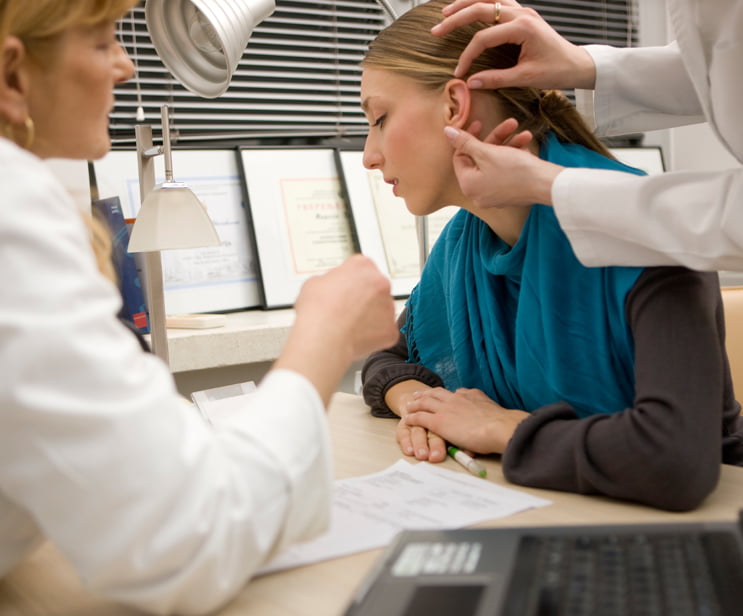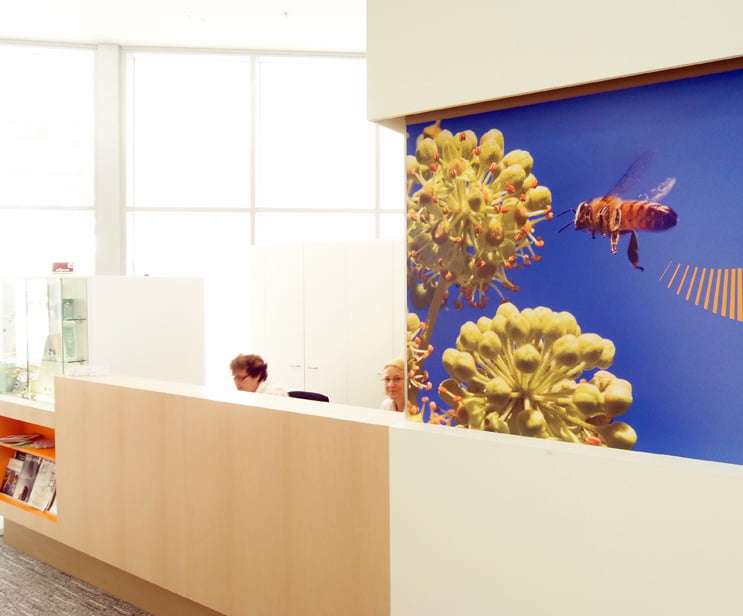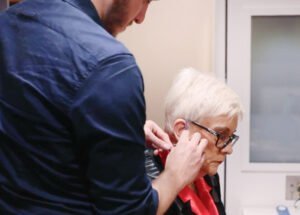
Our Hearing Services
Attune Hearing clinics offer the full range of medical hearing services to help you on your way to better hearing health.
Medical Foundation
Accredited & Qualified Audiologists
Ear, Nose & Throat Specialists (ENT)
50+ Accredited Clinics Nationwide
Approved Australian Government HSP Provider
Workplace Noise, Hearing Tests, Education & Reporting
Humm Interest-Free Repayments


Government Hearing Services

Find a Hearing Centre
Not sure where to begin?
Our team can help you.
Life-Changing Headphones Made For Hearing Loss! Developed in Brisbane.
Imagine being able to customise the volume and sound for music, watching TV, taking calls and all things audio to your own hearing loss. Well, you don’t have to anymore! A Brisbane doctor has taken his passion for music and his love for medicine to the next level and has developed life-changing audio technology that will enhance your listening experience like no other. Audeara headphones allow people with hearing loss with the ability to personalise the headphones to their very own hearing loss for improved clarity and quality.
Australian Pensioners Did you know?
Australian Pensioners; DVA Gold Cardholders and some approved DVA White Cardholders are eligible for fully subsidised and subsidised hearing services including hearing aids. If you wish to check your eligibility for these services you may do so by calling the Attune Hearing National Help Desk on 1300 736 702. The process only takes two minutes!

We’re here for you
Our team of dedicated hearing professionals works with you to make a positive difference in your life. No matter your age or hearing needs, we find the best solution for you and offer ongoing care and counselling services. Whether you are the parent of a child, the child of a parent, or a patient yourself, with us you’re in caring and professional hands.


